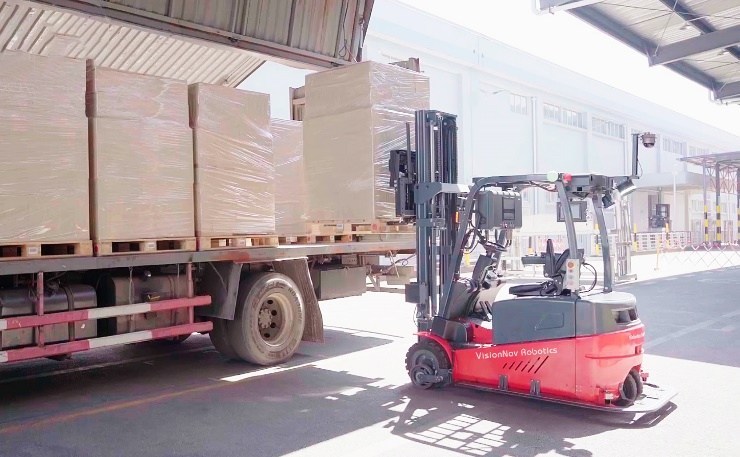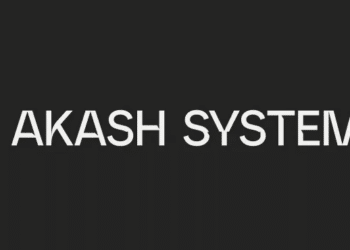China-based VisionNav Robotics, a global manufacturer of driverless industrial vehicles, raises $80 million in C+ round of funding. The investment round was led by Meitun and 5Y Capital, making VisionNav a company with the greatest number of funding rounds and the biggest single funding in the filed of driverless industrial vehicles globally.
The startup will use the fund to research new technology and innovate forms of product development, optimise product performance, focusing on product stability and standardisation, and promote large-scale implementation and localized delivery for global customers.
The company manufactures driverless industrial vehicles and applies AI, environmental perception, deep learning, servo control and other core technologies to industrial vehicles, providing autonomous vehicles and flexible unmanned solutions for intralogistics in factories and warehouses. Till date, VisionNav has developed nine series of driverless industrial vehicles and robot control systems.
Founded in 2016 by Liu Yunhui, Luyang Li, Mu Fang, and Yujie Lu, VisionNav has earlier raised a total of $97.2 million in various rounds of funding from nearly 11 investors. The company has emphasized on global expansion using the funds raises and has set up marketing centers in over 30 countries and regions. VisionNav has delivered more than 350 projects, over 1.500 autonomous forklifts and unmanned tractors, covering auto parts, tires, petrochemicals, tobacco, food, pharmaceuticals, 3C electronics manufacturing, e-commerce logistics, third-party logistics, textiles, printing, and papermaking among many others.
VisionNav Robotics places great emphasis on the development and application of driverless industrial vehicles, looking at difficult labor recruitment environment and lack of digitalization. Based on industry-leading robot perception, control, positioning, and scheduling technology, its business has covered all scenarios of intralogistics, making breakthroughs such as 9.4-meter high rack storage, 2-meter narrow aisle access, unmanned loading and unloading, multi-layer mobile material frame stacking and other complex scenario applications, precipitated a large number of learning scenarios, established industry feasibility standards, and formed absolute technical barriers.
Li Luyang, CEO of VisionNav Robotics, said that under the backdrop of an uncertain international situation and the ongoing pandemic, the robot industry has ushered in a year of “challenge” and is moving towards a stage of large-scale and standardized delivery. VisionNav Robotics has gradually shaped the ecology around unmanned intralogistics, the integration of the supply chain has been improved, and the operational capability of the whole chain has also built a competitive barrier for the company.
According to Li, sales amount witnessed 10-fold growth between 2019 to 2021. Compared to 2021, it is estimated to surge by 300% in 2022, with the average order amount increasing by 350% and the amount of customer re-purchase order by 300%. With the entry of new markets and the large-scale delivery in advantageous scenarios, business scale is promising to increase 5-fold this year.






